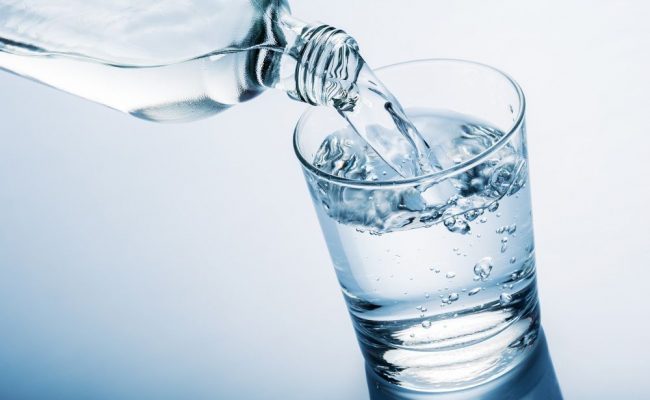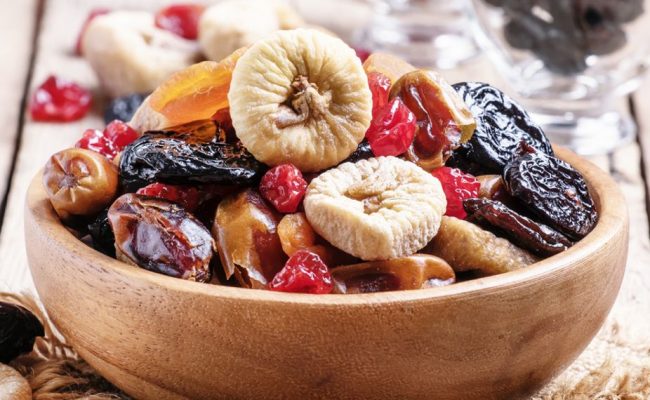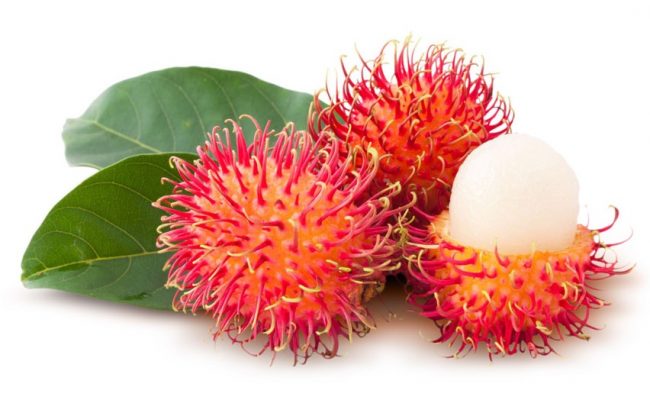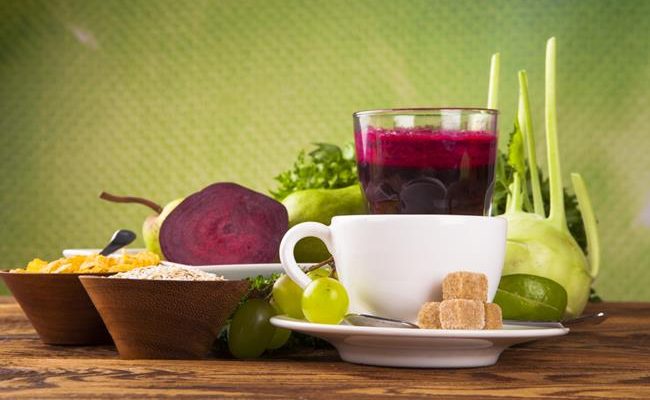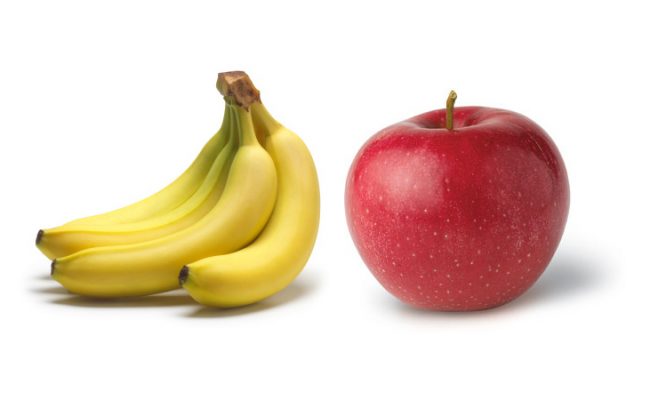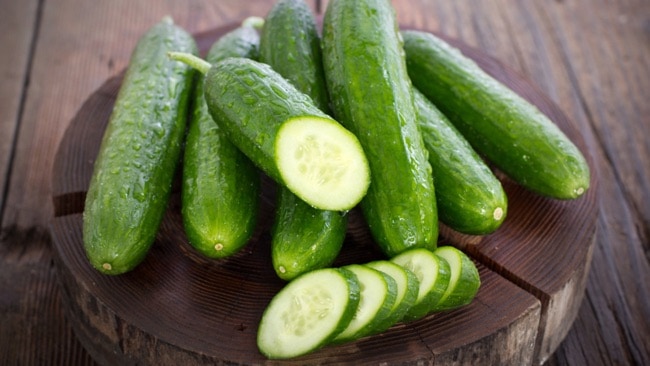
Cucumbers are known for being a hydrating food and a source for many vitamins and minerals. Cucumbers are mostly water, so their calorie value is very low. There are two main categories for cucumbers. There are slicing cucumbers that are ready to eat and usually available in most grocery stores and pickling cucumbers which are primarily used for making pickles.
Cucumbers are in the same family as melon and squash and are actually considered a fruit: not a vegetable (1). Since cucumbers are so low in calories and high in nutrients, they can be a helpful weight loss food.
Eating a diet high in fruits in vegetables has many health benefits associated with it, and it can also be beneficial for weight loss.
Low in energy density, high in nutrient density
A serving of 100 grams, or about 1 cup, of raw cucumber provides only about 15 calories and is virtually fat free.
This serving size will also provide a little less than 1 gram of fiber, about 150 mg of potassium and trace amounts of calcium, iron, magnesium, zinc, vitamin C, B vitamins and 16 micrograms of vitamin K (2).
Eating a low energy dense diet can help with weight loss. Eating foods that are low in calories and high in water weight, like cucumbers, can help you feel full after eating.
A 2007 study (3) found when obese women were put on a reduced fat diet or a reduced fat diet plus increased fruits and vegetables, the group that added the fruits and vegetables had significantly less hunger throughout the year period.
Both groups lost weight, but the added fruit and vegetable group had an overall lower energy density diet.
Adding more fruits and vegetables into the diet can help you lower your calorie intake, especially if they take place of higher calorie foods.
Cardiovascular benefits
Some studies suggest eating a diet high in vegetables can help protect against cardiovascular disease. Diets high in vegetables, like the Okinawan and Mediterranean diets, are associated with a longer life span and lowering risk for cardiovascular disease.
The reasons for this are many: these diets provide a rich source of antioxidants and nutrients, and both lifestyles are active.
However, since they are high in vegetable intakes, these diets also provide a relatively high source of nitrates from vegetables.
Vegetables are a large source of dietary nitrates, which can get converted into nitrous oxide in the blood (4). This nitrous oxide can help blood vessels vasodilate which is important for cardiovascular health and lowering blood pressure.
Vegetables, including cucumbers, are a source of potassium, magnesium and calcium which can further add benefit to cardiovascular health.
Therefore, eating cucumbers and other vegetables could help with a weight loss diet but could also protect cardiovascular system from disease.
Hydrating effect
A benefit from eating cucumbers is that they are rich in water content. Eating them can help hydrate the body. Since they are about 95% water, eating cucumbers when you are warm or thirsty may help rehydrate the body almost as much as drinking a cup of water.
Getting enough water is important for many reasons including being beneficial to weight loss. If you are dehydrated and trying to lose weight, you could be eating more because your brain is trying to get more fluid intake.
If you feel like munching something, try to much on cucumbers or other foods high in water content to add to your water intake.
Bone health
Like leafy greens, cucumbers are a source of vitamin K. A 2007 review article (5) concluded many studies consistently show an association between vitamin K intake and bone health.
Studies have shown when vitamin k intake is low, there could be an increased risk for low bone mineral density and fractures. Therefore, it is important we get enough vitamin k in the diet for bone protection.
Cucumbers also provide a trace amount of calcium. Eating more than 1 cup serving per day can help increase your intake of vitamin k and calcium for bone health.
Pesticide and cucumbers
The Environmental Working Group (EWG) lists cucumber on the dirty dozen list. This list is meant to be a guide for consumers who may want to choose buying some fruits and vegetables with lower pesticide residues.
In general, if you want to cut down on pesticide residue, it’s recommended to get foods on the dirty dozen that are organic or use other non-conventional growing methods.
Does this mean you should avoid cucumbers? No! If you can afford to buy organic cucumbers instead, maybe try that. If not, simply take some extra care washing cucumbers before you eat them.
Creative ways to add cucumbers
How can you add more cucumbers to your diet? Munching on sliced cucumbers as a crunchy snack is always a good option, but if you get bored with that there are other ways to eat them.
You can add cucumber slices to any beverage, preferably water, for an extra burst of flavor and nutrients.
You can also use cucumbers cut thick as a way to enjoy dips like hummus, guacamole or nut butters. If you juice or blend your own smoothies, add in some cucumbers for an added crisp refreshing taste. Of course, cucumbers also go well with any salad or sandwich.
Conclusion
Cucumbers can be a helpful weight loss food because, like all fruits and vegetables, they are very low in calories, high in water content and high in other nutrients. Many studies have shown a benefit for eating a diet high in fruits and vegetables including cardiovascular protection.
Cucumbers are a source of vitamin k as well which can be beneficial for bone health. Studies have shown diets low in vitamin k could increase risk for low bone density and may increase fracture risk.
